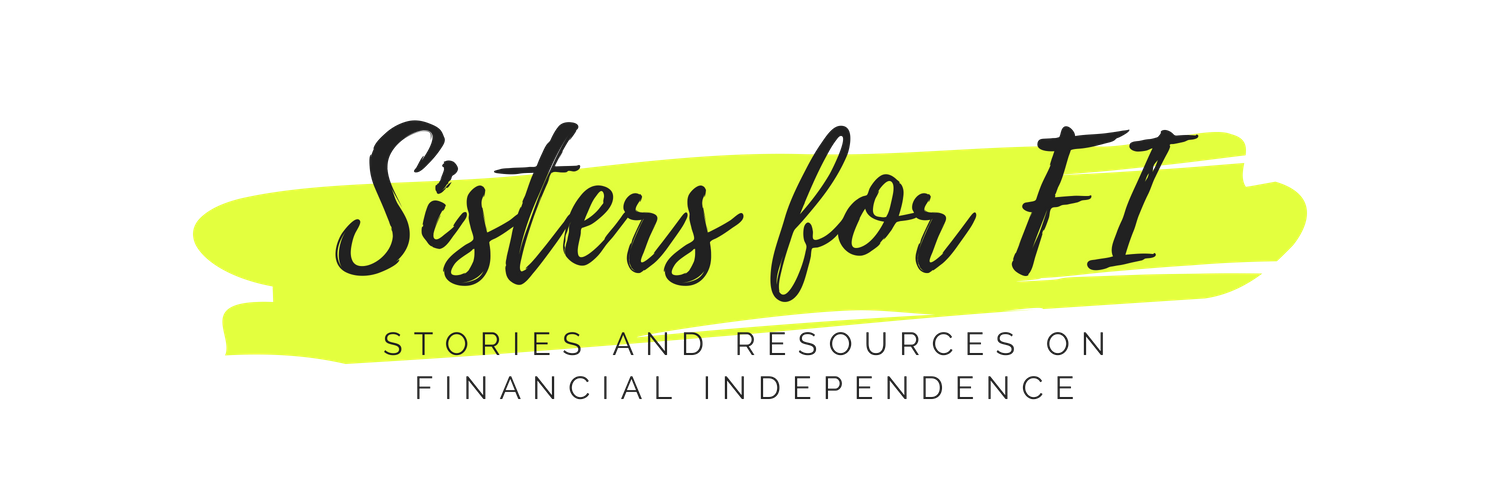4 Books to Help You Talk to Your Kids About Money
Talking to kids about money does not make money hungry kids.
I’ve been doing a lot of reflection lately about where I first started to learn about money and how best to talk to others about money. I’ve also been doing a fair amount of research and found a few books I thought were worth mentioning if you are a parent or an adult that is looking for ways to talk about money to your kids or your students. The reality is that the money conversation should start at home. It think it is the responsibility of the parent to expose kids about money concepts, otherwise, media and peers will create money influences that may lead to a distorted money mindset later on. Understandably, many of us believe that talking to kids about money will create money hungry kids, but I think that is far from the truth. The sooner kids learn to be conscious of their wants and needs and understand how to prioritize, the better they will be as adults. Of course, we do have to be careful about how and what we teach kids because all of this gets internalized to form the money mindset of adults. If there’s fear, secrecy or anger in the money conversations now, that can get carried over to adulthood.
This post contains affiliate links. See Disclosures for details.
Make Your Kid A Money Genius (Even If You’re Not) by Beth Kobliner
Each chapter in this book covers a key areas in personal finance from investing to insurance to debt to work. What I like about this book though is that for each financial concept, it breaks it down into specific age groups: Pre-School, Elementary, Middle School, High School, College and Young Adulthood. It’s nice to be able to get examples of how to relay a specific financial concept to a 4 year old versus a 14 year old. You don’t have to be a money genius to raise a money genius and it’s best advice is if you are going to do the talk, make sure you also the walk. In the end, the best way to teach your kids about money is to set an example, get transparent with what’s happening with the family finances and take time to explain why things are done the way they are done. Kids are very perceptive and they learn by observing so if you don’t want to spend money on frivolous things, don’t bring home frivolous items, watch you language about money and get honest about money.
The Teen Money Manual by Kara McGuire
The thing about writing a money for teens is that they have to want to pick it up and read it willingly. I’m not sure there’s going to be a lot of books out there that will encourage teens to that, but it never hurts to expose them to books related to personal finance. This book is meant to be read by teens. It’s been designed and illustrated in a magazine-like style with short, easy to read text. It covers the major financial concepts. It is pretty comprehensive which can get overwhelming to a teen, so I would suggest perhaps picking off a few topics at a time like resume building, finding a job and paying for college.
The Totally Awesome Money Book for Kids by Adriane Berg and Arthur Berg Bochner
The original book that I found at the library was published in 1993, but the content is still relevant as ever. Funny how personal finances haven’t really changed over time, yet we still aren’t as versed in it as we all should be. I like this book because it was written from the perspective of an 11 year old. It covers the basics, goes over terms that may not be familiar to a child and has small, but short exercises/games that can be done to further understand the financial topics. I think it’ll be easy for an elementary/middle school child to read this. It’s short with lots of relatable examples. Since this book will go to the child’s hands, it’s best to pause after each chapter to discuss what was covered and answer any questions that may arise.
The Opposite of Spoiled: Raising Kids Who Are Grounded, Generous and Smart About Money by Ron Lieber
This book is less about personal finance terms and topics, but more about putting those concepts to use in real-life like using the tooth fairy as a teaching mechanism or how to address chores and allowances. It focuses more on advice on how to raise kids who are less materialistic, which in itself also indicates something about the audience it is for: middle class families with disposable income. I was able to relate to a lot of what the author covered and I wrote wrote my on manifesto on how I intend (hopefully) raise my own children. If you are every wondering what the going rate is for a tooth fairy, how to deal with allowance, how not to tie chores and allowance together and how to provide your kids with a good life, but not spoil them, I think this is a worth while book to read and learn from.
Have you read these books? How have you had the money conversation with your kids? Share your thoughts and help other parents raise kids who understand the value of money.
4 Books to Help You Talk To Your Kids About Money







